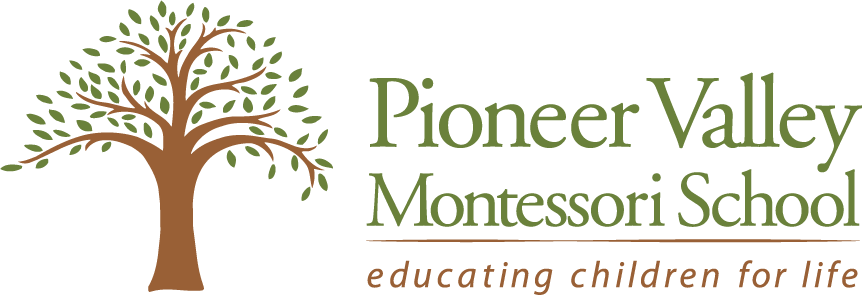Preventing the “Summer Slide” Together
As the school year comes to a close, many parents wonder how to keep their children’s academic skills sharp during the long summer break. The "summer slide"—the loss of knowledge and skills gained during the school year—is a common concern, but it’s one that we can tackle together to ensure that our children continue to learn and grow even when school is out.
Here are some strategies to help prevent the summer slide and keep your child engaged in learning:
Daily Reading:
Foster a love of reading by presenting a variety of reading material (e.g., books, magazines, newspapers, etc.), and encouraging children to explore what may be of interest to them.
Reading aloud and engaging in discussions about the story, along with asking open-ended questions, are all beneficial ways for fostering diverse ways of thinking and expanding knowledge.
Practical Life Activities:
Involve children in everyday tasks such as cooking, gardening, and cleaning.
Encourage measuring ingredients, following recipes, and observing changes during cooking to reinforce math and science concepts.
Library Visits:
Regularly visit the local library to check out books- many libraries offer summer reading programs. Allow children to select their own books to foster independence and choice. Additionally, one can use these library visits as opportunities to teach practical skills, such as how to check books out, how to return them, and how to use their library card. This hands-on experience not only promotes literacy but also instills valuable life skills in navigating public resources.
Writing Activities:
Encourage journaling about daily activities, summer trips, or imaginary stories.
Write letters/create postcards to family members or friends to practice formal writing, promoting social connections and communication skills.
Math Games:
Play board games like Monopoly, chess, and card games to reinforce math skills in a fun, interactive way.
Nature Exploration and Science Experiments:
Conduct simple science experiments at home using household items, encouraging observation, hypothesis-making, and hands-on exploration. Websites like Science Buddies and National Geographic Kids offer easy-to-follow experiments.
Explore nature and discuss scientific concepts, like plant life, ecosystems, and weather patterns.
Art and Music:
Encourage creativity through drawing, painting, crafting, or playing a musical instrument. Provide access to various art materials and allow children the freedom to explore.
Discuss famous artists or musicians and their work, integrating art and music history into creative activities.
Social Activities:
Arrange playdates or group activities to keep up with social skills.
Encourage participation in team sports, clubs, or summer camps to foster teamwork and community engagement.
Physical Exercise:
Ensure daily physical activity through outdoor play, sports, biking, hiking, or family walks.
Daily Learning Routine:
Establish a potential daily routine that includes dedicated time for reading, math, and other educational activities. Consistency helps maintain academic skills and provides structure.
Allow for self-directed learning time, where children choose their activities, promoting independence and intrinsic motivation.
Educational Conversations:
Engage in conversations about various topics, encouraging critical thinking and curiosity. Discuss current events, historical facts, or scientific phenomena, allowing children to ask questions and explore their interests.
By incorporating these strategies into daily routines, parents and community members can help children stay engaged in learning, reinforce academic skills, and prevent the summer slide. Working together, we can ensure our children have a fun and enriching summer that prepares them for the upcoming school year!
Some additional resources:
